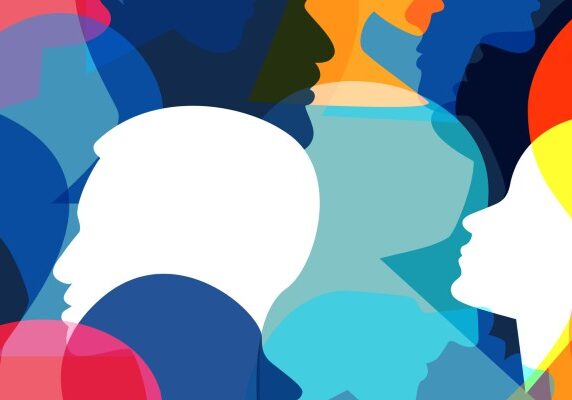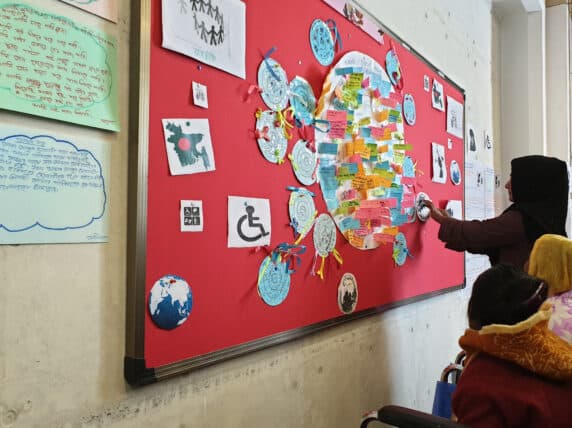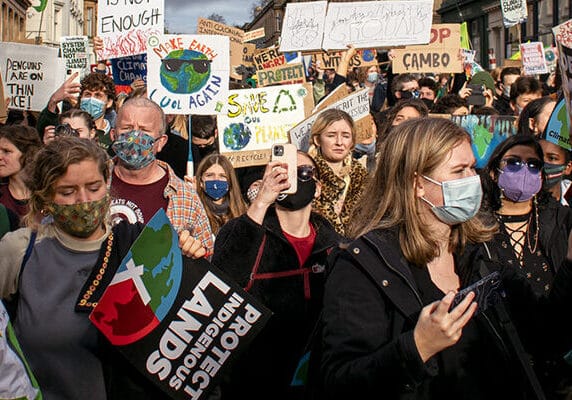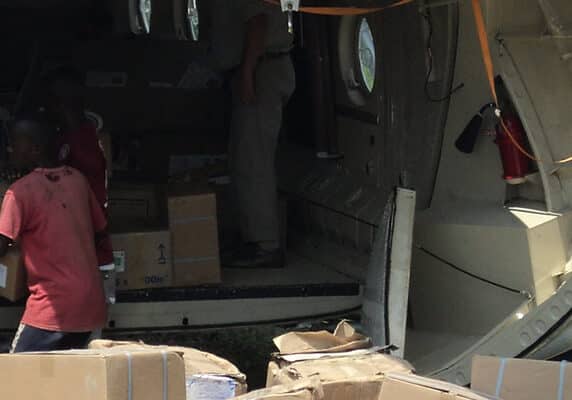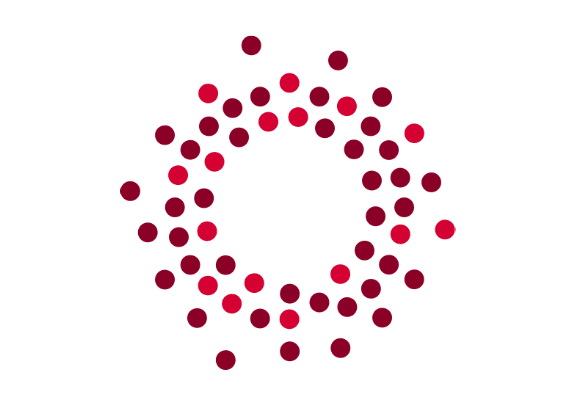 Report
Report
This report, commissioned by the Bond Disability and Development Climate Working Group, draws on data from across members and partners globally to bring insight and practical guidance from a disability perspective. It unpacks the approaches needed to break down barriers, as well provide evidence-based recommendations for cooperative action across all sectors to bring about the transformational change needed.
Humanitarians are being constrained by geopolitical agendas of donor states and the growing assertion of national sovereignty. What, then, can humanitarians hope to achieve? Watch this webinar with expert speakers from University of Bath, Dr Mathilde Maîtrot, Dr Touseef Mir and Dr Naomi Pendle who discuss the good, the bad and the ugly of humanitarian principles and practice.
It is vital that people with disabilities are included in all aspects of development work, including in research where ethical implications must be considered.
 Toolkit
Toolkit
This draft guide has been developed in response to the growing demand from the international development sector, the UK in particular, to ensure that organisations change how they work, make decisions, and are structured and governed to become more locally led.
 Report
Report
Financial trends for UK-based INGOs
Research shows that people believe in the seriousness of climate change and its consequences. They also believe in the next steps, and particularly want to see government action on these issues.
INGOs must demonstrate not only how to mitigate the crises of the present, but also how to prepare for ever more complex and uncertain types of humanitarian crises in the future.
15 years on from the July 7th attacks, work on counter terrorism has progressed. But as we move into 2020, more work needs to be done.



